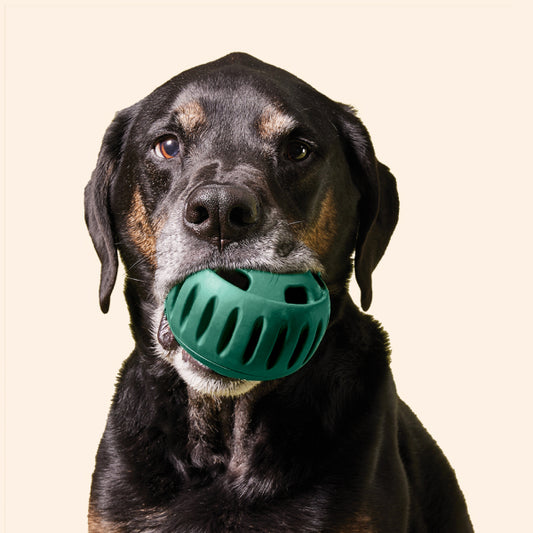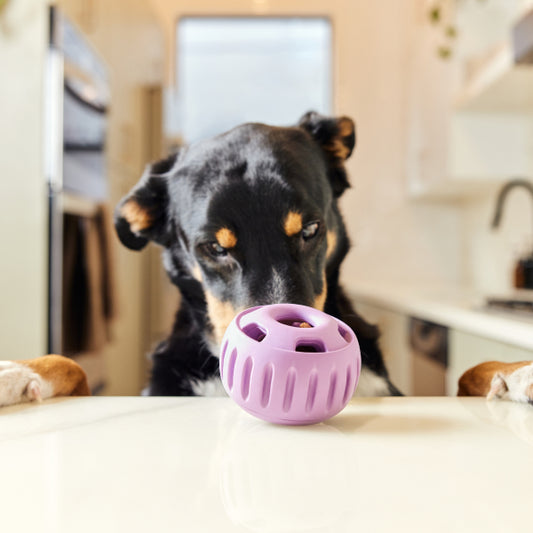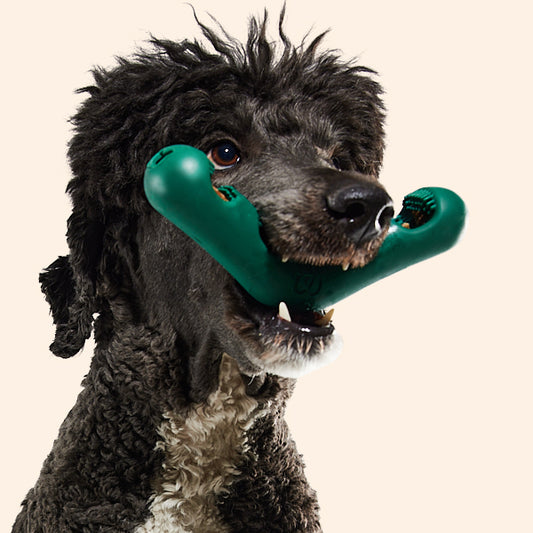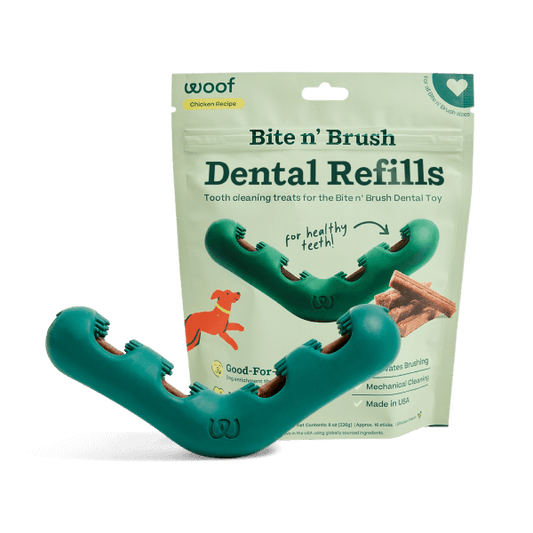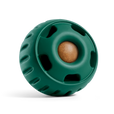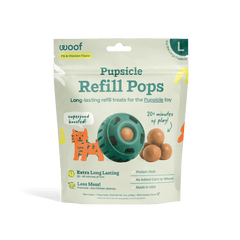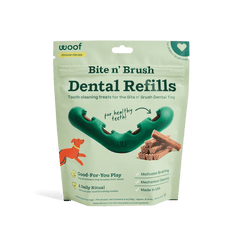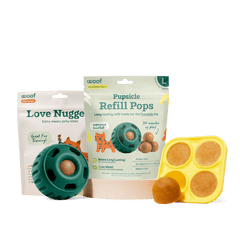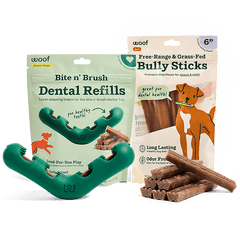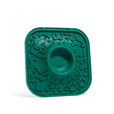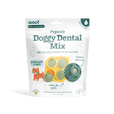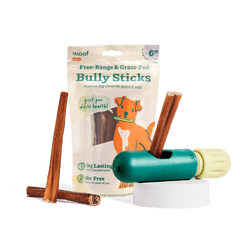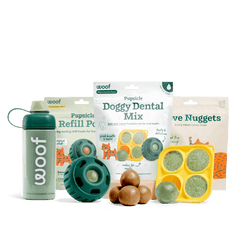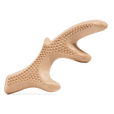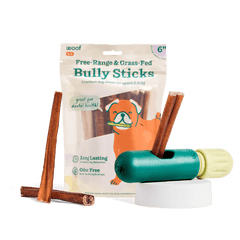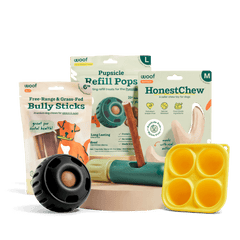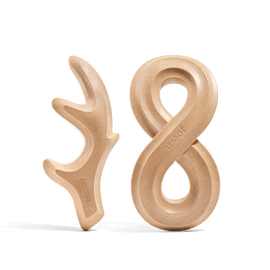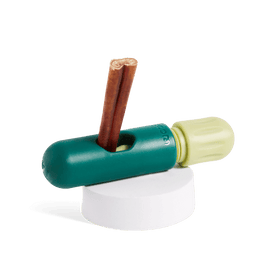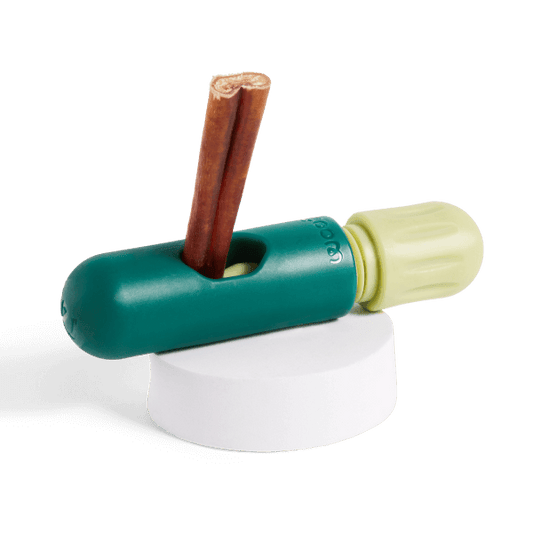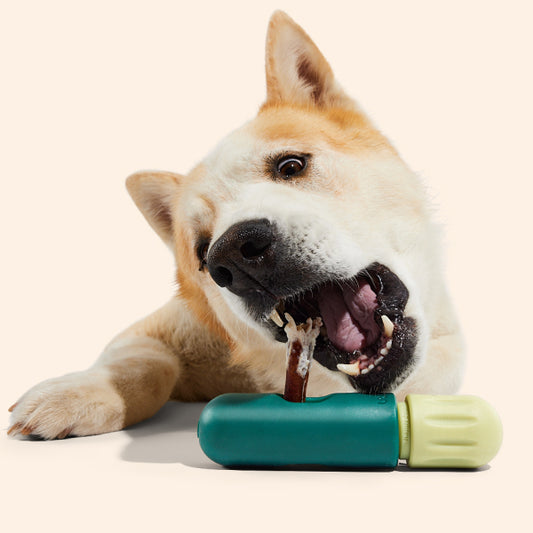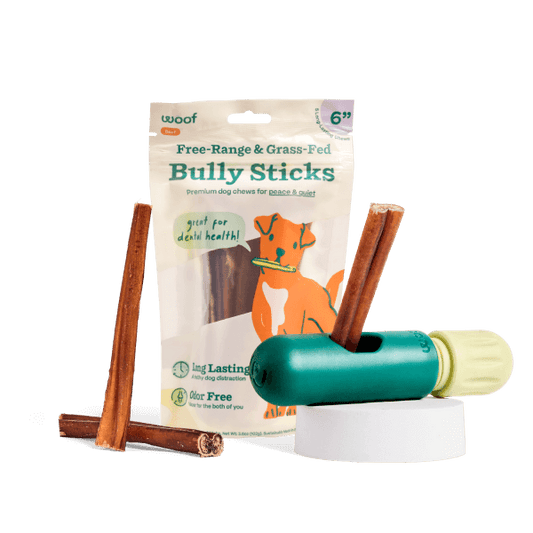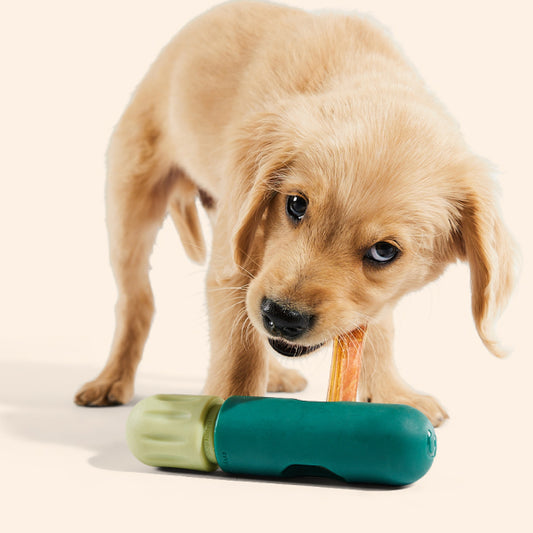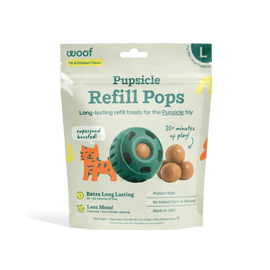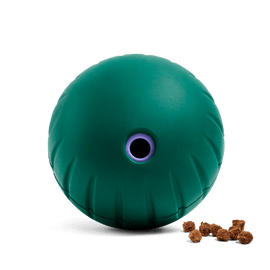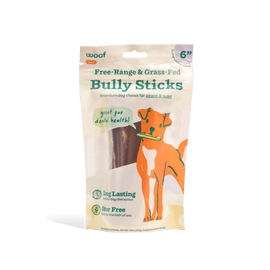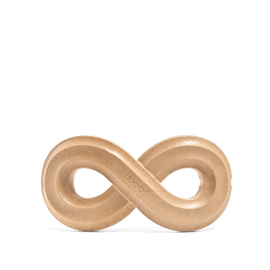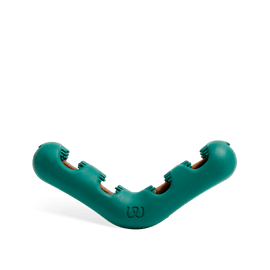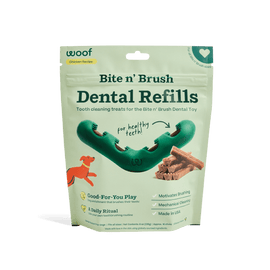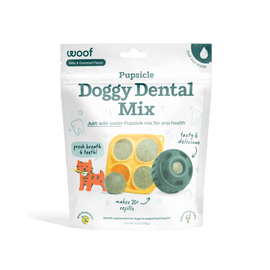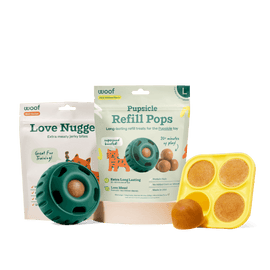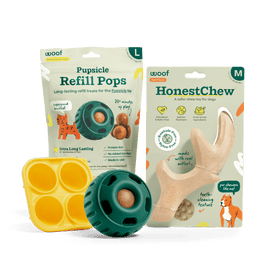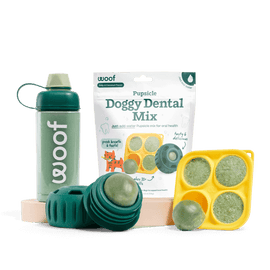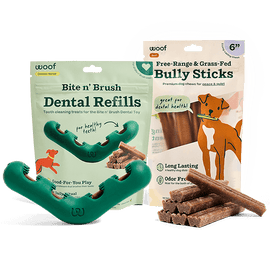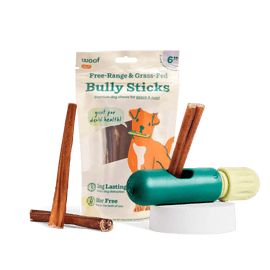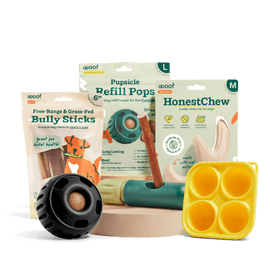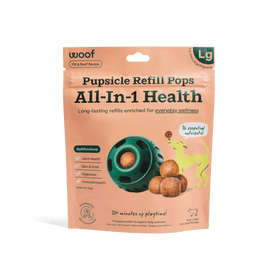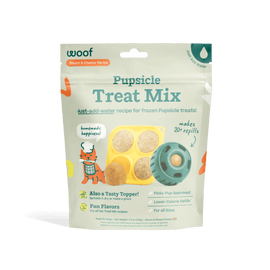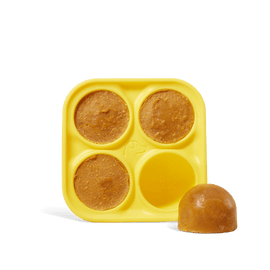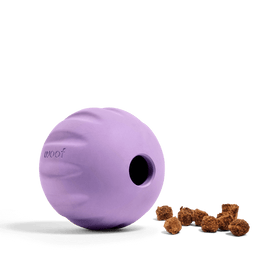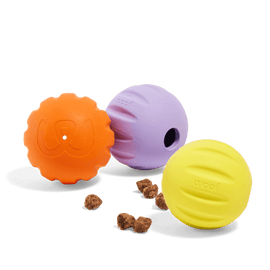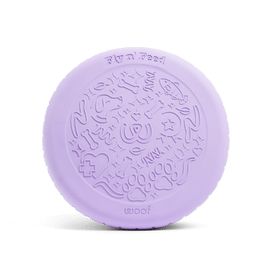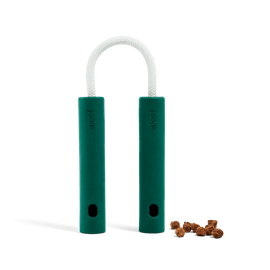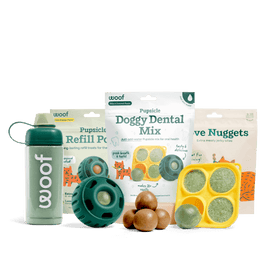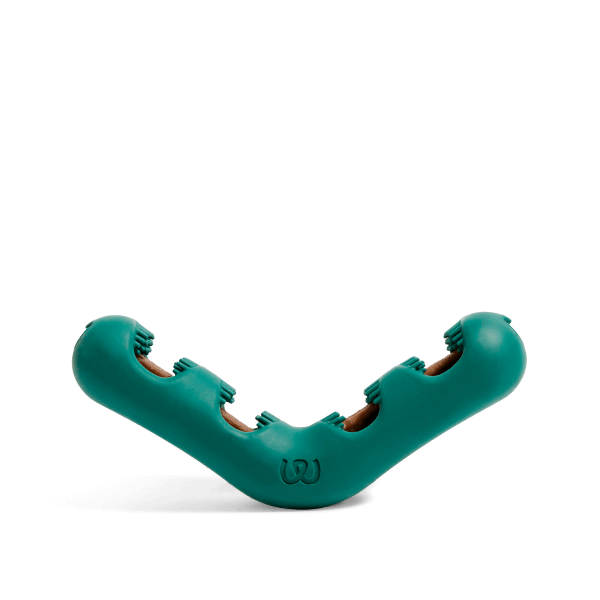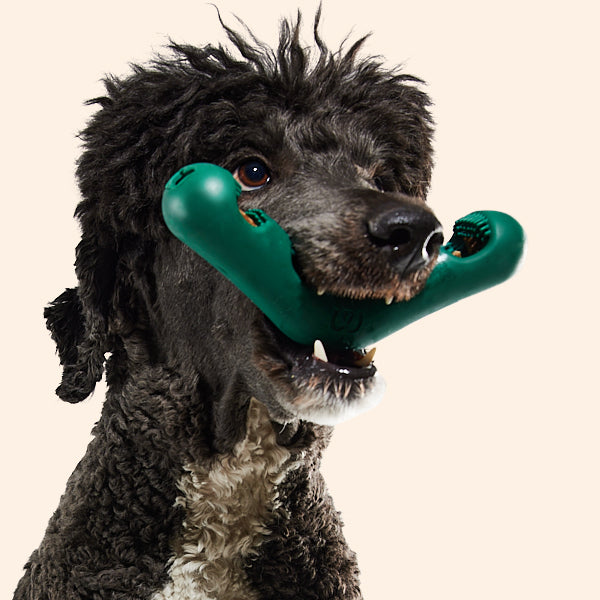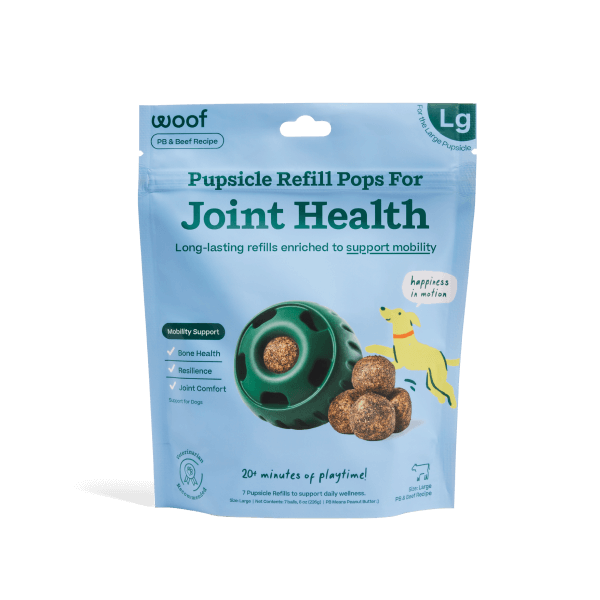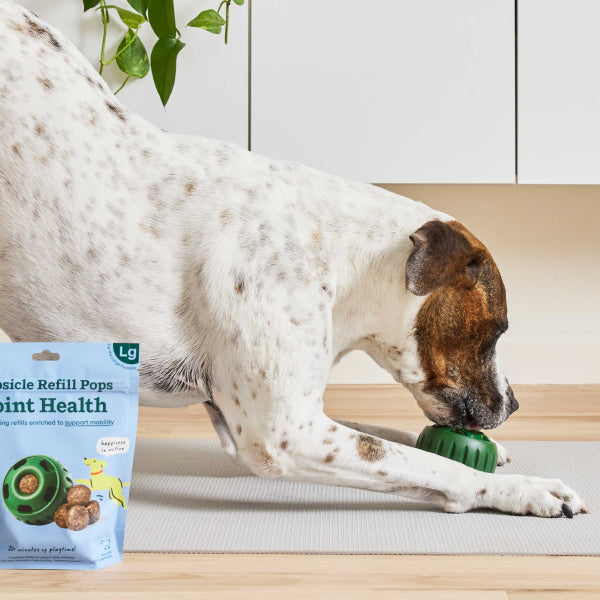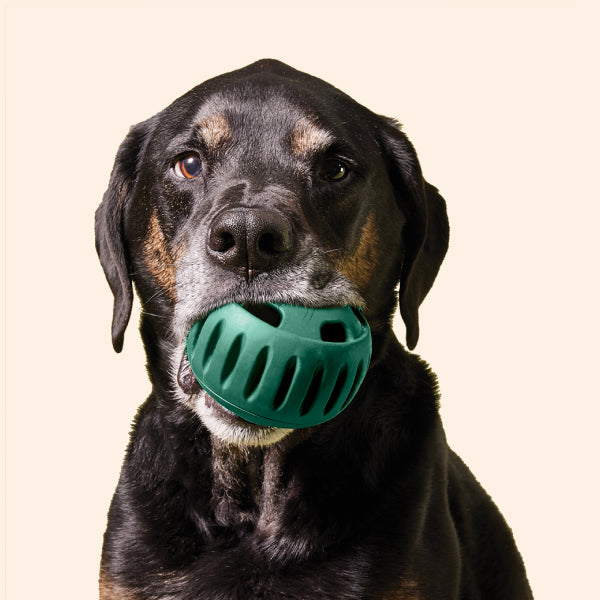
Welcoming a senior dog into your life is a rewarding experience that comes with unique responsibilities. As our furry companions age, their needs evolve, and it's essential to adjust our care to ensure they continue to live happy, healthy lives. Here are some tips to help you care for your senior dog:
Regular Veterinary Check-ups
Just like humans, dogs benefit from regular health check-ups. Schedule bi-annual visits to the veterinarian to monitor your dog's health, catch potential issues early, and keep vaccinations up to date. These check-ups are crucial for early detection of conditions common in aging dogs, such as arthritis or dental disease.
Balanced and Nutritious Diet
As dogs age, their metabolism and activity levels change, necessitating adjustments in their diet. Provide a balanced diet rich in high-quality proteins to maintain muscle mass and support overall health. Incorporate foods containing glucosamine and chondroitin to promote joint health. Omega-3 fatty acids are also beneficial for reducing inflammation and supporting cognitive function. For example, adding salmon oil to your dog's diet can provide these essential nutrients. Consider offering treats like Love Nuggets that are formulated to support senior dog health.
Maintain an Active Lifestyle
Keeping your senior dog physically active helps maintain mobility and weight. Engage in gentle activities like daily walks or swimming, which are easy on the joints. Mental stimulation is equally important; provide puzzle toys or training sessions to keep your dog's mind sharp. Products like the Bite n' Brush can offer both mental engagement and dental benefits.
Joint and Mobility Support
Joint health is a significant concern for aging dogs. Look for signs like limping, stiffness, or reluctance to climb stairs. Incorporate joint supplements containing glucosamine, chondroitin, and omega-3 fatty acids to support joint health. Ensure your home environment is safe by adding rugs to slippery floors and providing ramps or steps to help your dog access favorite spots. Consider adding products like Hip & Joint Pops to your dog's routine to support joint health.
Dental Care
Dental health often declines with age, leading to pain and other health issues. Brush your dog's teeth regularly with dog-specific toothpaste, and provide dental chews to help reduce plaque buildup. Regular dental check-ups are also essential. Incorporating dental treats like the Dental Play Pack can assist in maintaining oral hygiene.
Comfortable Living Environment
Make your home senior-friendly by providing a comfortable bed, especially if your dog suffers from arthritis. Orthopedic beds can offer better support. Ensure your dog has easy access to food, water, and favorite resting spots. Limiting access to stairs or providing ramps can prevent injuries. Products like the Pupsicle can offer comfort and enjoyment to your senior dog.
Monitor Weight
Obesity can exacerbate health issues like arthritis and heart disease. Monitor your dog's weight and adjust food portions and exercise routines accordingly. Consult your veterinarian for guidance on maintaining a healthy weight. Offering treats like Bacon & Cheese Treat Mix in moderation can satisfy your dog's cravings without contributing to weight gain.
Provide Mental Stimulation
Senior dogs may experience cognitive decline, leading to disorientation or changes in behavior. Engage your dog's mind with new commands, interactive toys, and regular playtime. Maintaining a consistent routine can also provide mental stability. The Treat Mix Starter Pack offers a variety of flavors to keep your dog engaged and satisfied.
Show Love and Patience
Above all, offer your senior dog plenty of love, patience, and understanding. They may not be as energetic as they once were, but they still enjoy companionship and affection. Adjust your expectations and activities to suit their needs, and cherish the time you have together.
By following these guidelines and incorporating supportive products, you can ensure your senior dog enjoys their golden years with comfort and joy. Remember, every dog is unique, so tailor your care to your dog's specific needs and consult with your veterinarian regularly.

